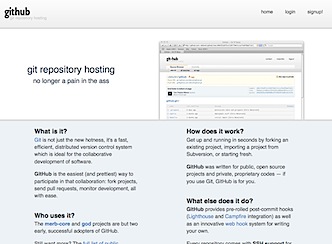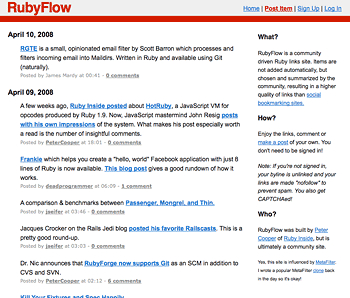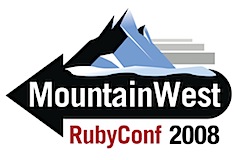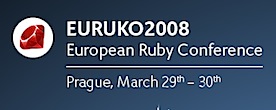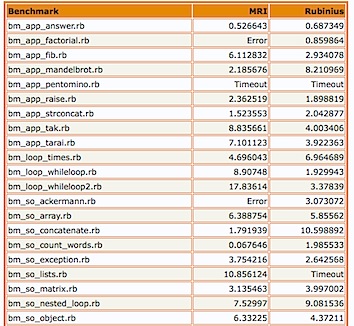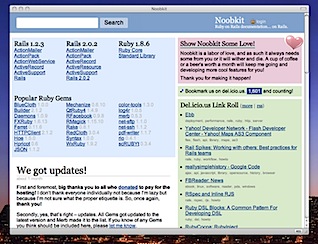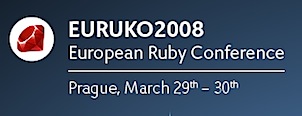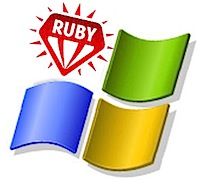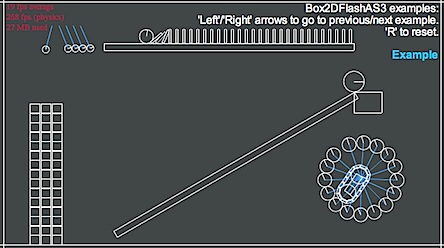Mack is an interesting new Ruby Web app framework (of which, as we know, there are many!) that takes some of the best elements of other Web app frameworks (including Rack support!) and presents itself in a very modular, “agile” way. Developer Mark Bates gives the inspiration for Mack’s development as “portals” and says that a lot of Mack’s development will be focused on this, including features like a distributed routing system and interoperability between multiple trusted, local apps.
I’ve personally used Mack (along with jQuery) in the last day or two to develop a chat client. Read More


